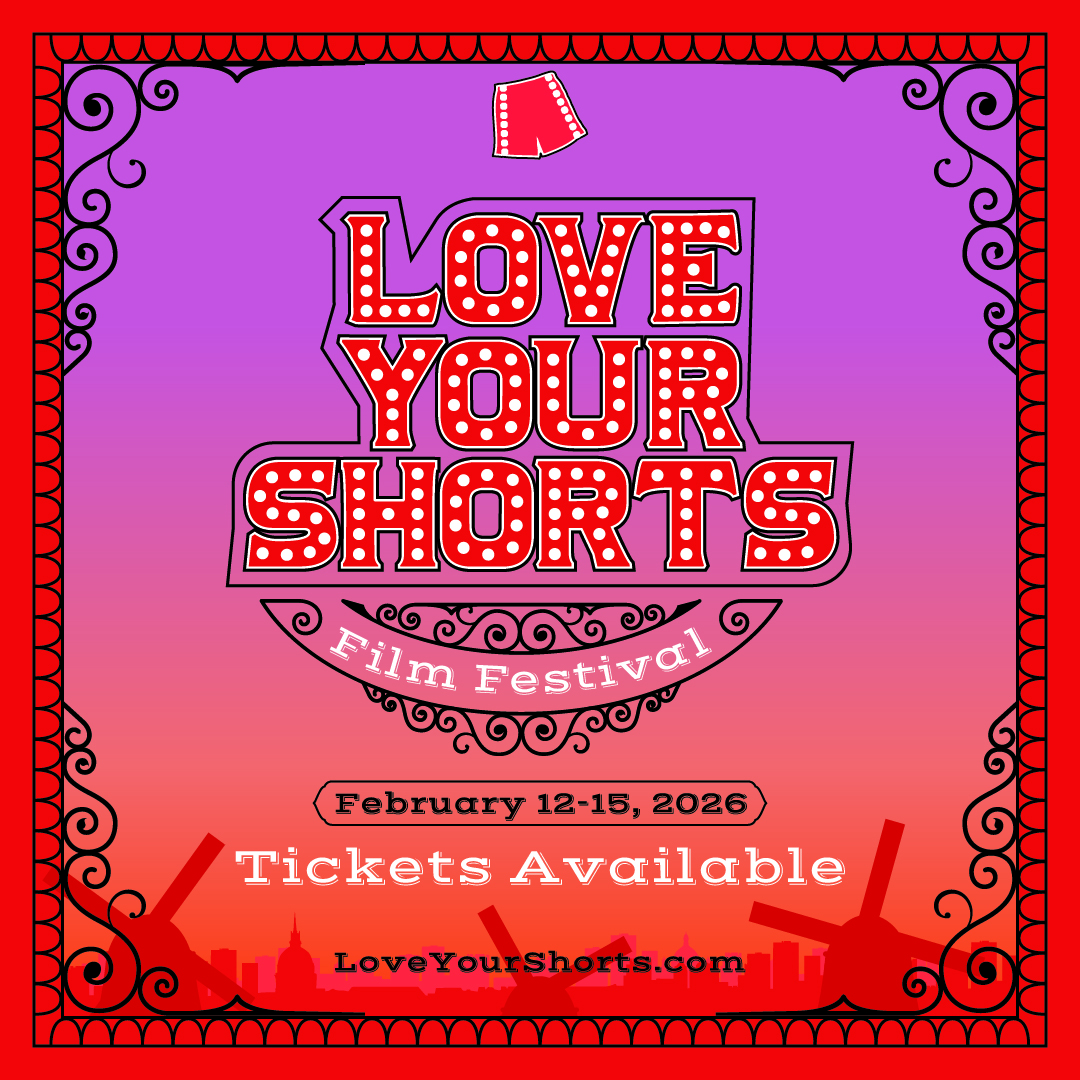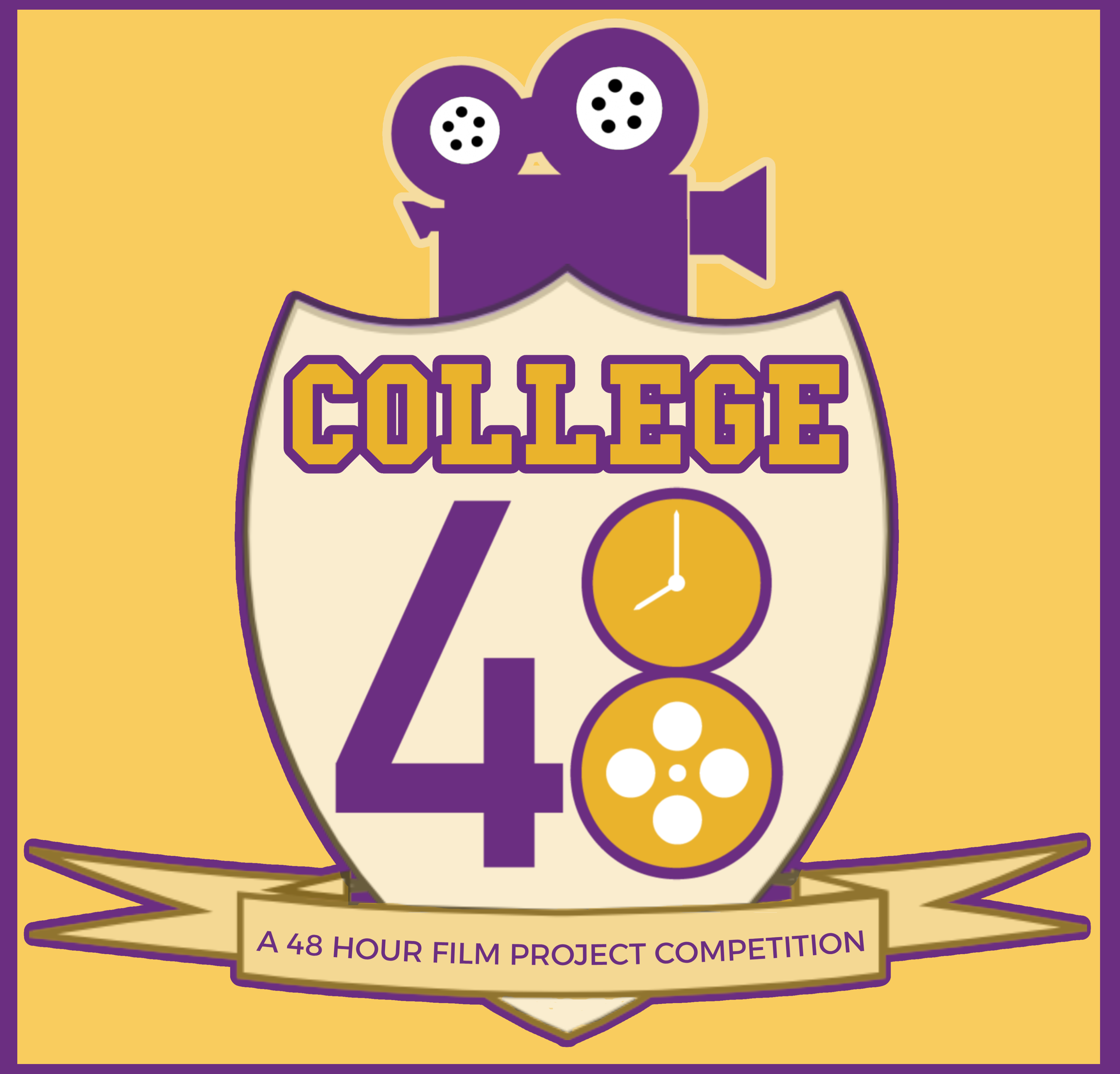Ukraine 5/Russia 4
Listen to Ukraine 5 / Russia 4, a woman from Odessa, Ukraine, who has also spent time in the United States. Click or tap the triangle-shaped play button to hear the subject.
Both as a courtesy and to comply with copyright law, please remember to credit IDEA for direct or indirect use of samples. IDEA is a free resource; please consider supporting us.
BIOGRAPHICAL INFORMATION
AGE: N/A
DATE OF BIRTH (DD/MM/YYYY): N/A
PLACE OF BIRTH: Odessa, Ukraine
GENDER: female
ETHNICITY: Russian/Ukrainian/white
OCCUPATION: graduate student
EDUCATION: Subject has a master’s degree in Russian language and literature.
AREA(S) OF RESIDENCE OUTSIDE REPRESENTATIVE REGION FOR LONGER THAN SIX MONTHS:
The subject spent six years in Potsdam, Germany, at an early age. She is a graduate student at the University of Kansas, in the United States, where she teaches Russian. At the time of this recording, she had lived in Lawrence, Kansas, for eight years, after spending most of her life in Odessa, with brief stays in Moscow, St. Petersburg, and Potsdam.
OTHER INFLUENCES ON SPEECH: N/A
The text used in our recordings of scripted speech can be found by clicking here.
RECORDED BY: John Luzar and Paul Meier
DATE OF RECORDING (DD/MM/YYYY): 08/03/2000
PHONETIC TRANSCRIPTION OF SCRIPTED SPEECH: N/A
TRANSCRIBED BY: N/A
DATE OF TRANSCRIPTION (DD/MM/YYYY): N/A
ORTHOGRAPHIC TRANSCRIPTION OF UNSCRIPTED SPEECH:
I was born in Ukraine, in Odessa. Um, it’s a beautiful city, city port, resort, with a lot of small, beautiful cafes on the street. Then, uh, when I was 2 years old we moved, uh to Germany, to Potsdam, East Germany. My father, he was in military. So, we lived in Germany for six years, and then uh, we came back to Odessa, to Ukraine. But because my father was in military we lived, uh, for a while in Moscow in Russia and in St. Petersburg in Russia. Um, but most of the time, uh I lived in Ukraine, in Odessa. And I finished university there; I got my master degree in Russian literature and Russian language. And then in 199?? I moved to America, um, to Lawrence. So I have been here for, oh let’s see, eight years. I didn’t know any English, uh, before I moved to America, so I started learning English here, eight years ago. My mother was Belorussian, and my father is Ossetian, but you know that my language was, uh, Russian, during Soviet period of time, so, but like I said, it depends on city and in Lvov/LWow/Lviv which West Ukraine, people spoke, even during Soviet period of time they spoke Ukrainian, mostly. But in my city; it’s East Ukraine, and it’s like I said, because it’s international port, and people speak, um, Russian. After ninety-one, when, uh, they tried to insist on Ukrainian language in schools and at the university, and they tried to force our professors to lecture in Ukrainian, so, it was a big topic for everyone, because you cannot learn Ukrainian in one night, and start speaking Ukrainian suddenly. [Speaks speaks in Russian, including a song lyric.] Um, you probably know that, uh, we have voiceless consonants at the end of word, words in Russian, so it is difficult for every person to pronounce them. We pronounce, uh, consonants; they are voiceless, just at the end of the word. There was very funny story because one of my colleges, I ask one of my colleges to give me, um, “keys,” and I said, “Could you give me ‘kiss’ please.” And he blushed [?] and says, “What do you want?” And the, uh, he, he is teasing me since then, with, with keys, always when I ask him, he says, “So what do you want?” I said, “Just give me keys!” Funny story that I read, in the book and book is about cross-cultural uh, marriages between American and Russians. And this book is written by American, um, author, and her husband is Russian. She is American; her husband is Russian. And she wrote that a friend of her, whose husband is Russian too, she used to live in Moscow for ten years, and then she moved back with her husband and a child, and she went to store, somewhere in Wisconsin. And it was very cold, and she notice a child without scarf. And she told, um, mother of this child, “How you could not to put scarf on your child? It’s so cold outside! You have to put warm clothes on your child when it’s such cold weather!” And this woman just sent her to hell! And after it, she realized, she thought: “I became Russian! I even didn’t notice what I’m doing!” Basically, we, we don’t have, you cannot translate this word “private.” We don’t have that word Russian language.
TRANSCRIBED BY: John Luzar and Jasper May
DATE OF TRANSCRIPTION (DD/MM/YYYY): N/A
PHONETIC TRANSCRIPTION OF UNSCRIPTED SPEECH: N/A
TRANSCRIBED BY: N/A
DATE OF TRANSCRIPTION (DD/MM/YYYY): N/A
SCHOLARLY COMMENTARY:
Like many Russian speakers, she pronounces the English “w” as “v.” She also substitutes “z” for “th.” Listen also for a prominent dark “L.” In addition, vowel length is used for emphasis occasionally, and, as she mentions, ending consonants tend to be voiceless. By virtue of her upbringing in Ukraine, this subject could just as easily be categorized under that country.
If you are a dialect researcher, or an actor using this sample to develop your skill in the accent, please see my instruction manual at www.paulmeier.com. As the speaker in this sample is a unique individual, it is highly unlikely that she will conform to my analysis in every detail. But you will find it interesting and instructive to notice which of my “signature sounds” and “additional features” (always suggested only as commonly heard features of the accent) are widely used by most speakers of the accent, and which are subject to variation from individual to individual.
COMMENTARY BY: John Luzar and Paul Meier
DATE OF COMMENTARY (DD/MM/YYYY): 08/03/2000 (amended 13/11/2016)
The archive provides:
- Recordings of accent/dialect speakers from the region you select.
- Text of the speakers’ biographical details.
- Scholarly commentary and analysis in some cases.
- In most cases, an orthographic transcription of the speakers’ unscripted speech. In a small number of cases, you will also find a narrow phonetic transcription of the sample (see Phonetic Transcriptions for a complete list). The recordings average four minutes in length and feature both the reading of one of two standard passages, and some unscripted speech. The two passages are Comma Gets a Cure (currently our standard passage) and The Rainbow Passage (used in our earliest recordings).
For instructional materials or coaching in the accents and dialects represented here, please go to Other Dialect Services.
 IDEA: International Dialects of English Archive
IDEA: International Dialects of English Archive





